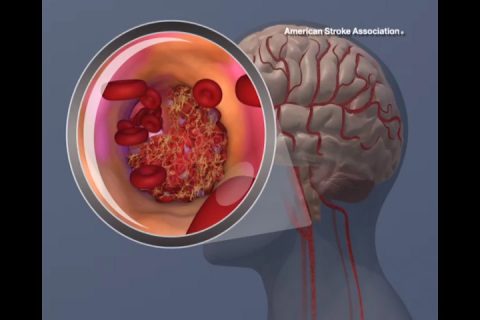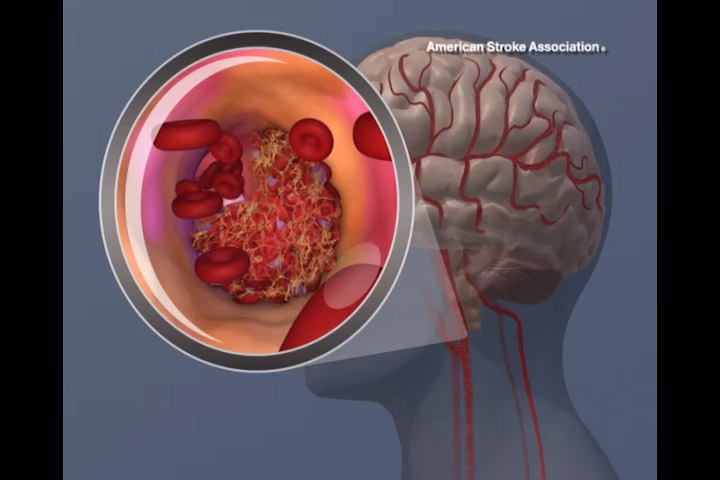New Recommendations Examine Ways to Improve Accessibility
 Washington, D.C. – A new policy statement on palliative care, issued by the American Heart Association, highlights how critical this care is to Americans with heart disease or stroke, and makes recommendations on how to address the current barriers that prevent many of these patients and their families from accessing it.
Washington, D.C. – A new policy statement on palliative care, issued by the American Heart Association, highlights how critical this care is to Americans with heart disease or stroke, and makes recommendations on how to address the current barriers that prevent many of these patients and their families from accessing it.
The statement points to the poor health-related quality of life patients with cardiovascular disease (CVD) and stroke survivors experience as a result of deteriorating health, symptom distress and complex care regimens.

To combat this, the association recommends that primary treating teams work with palliative care specialists, when needed, to address these concerns early in the disease trajectory and help patients and families determine palliative care needs.
Using this multidisciplinary approach can help alleviate long-term health challenges through communication, shared decision-making, advance care planning and attention to distress.
“Patients and their family members have different values, preferences and goals. For those suffering from heart disease and stroke, palliative care provides them with more control over treatment – from the point of diagnosis onward – so that the most beneficial health decisions can be made,” said American Heart Association CEO Nancy Brown.
Several barriers exist for patients wishing to receive palliative care. They include: the reluctance of providers to refer patients to palliative care due to lack of knowledge about benefits or availability of services, limitations in payment systems for comprehensive palliative care services, provider discomfort in communicating with patients and families about palliative care, and lack of awareness or confusion by patients and families about its services.
However, recent changes by Medicare to pay for advance care planning services may help to reduce these barriers.
In order to confront these challenges, the association recommends:
- Federal and state agencies be encouraged to reimburse for comprehensive delivery of palliative care services, including treatment for CVD and stroke;
- Greater data sharing be promoted between payers and providers to identify patients in need of palliative care, as well as better payer models and outcome measures;
- Healthcare system policies for palliative care during hospitalization be addressed, including goals of care, treatment decision-making, family caregiver needs and assistance with the transition to other care settings;
- Health professional education and training be enhanced to increase the number of healthcare providers trained to deliver high quality palliative care services.
“Palliative care provides that much-needed level of support for patients and families dealing with cardiovascular disease and stroke,” said lead author Lynne Braun, CNP, Ph.D., FAHA. “This approach to care can help patients better understand the disease they are fighting, their treatment options and their prognosis. More than that, it can give them the strength they need to carry on in their day-to-day life by easing the burden of care for the family, as well as providing extra relief from symptoms, distress and pain the patient may be experiencing.”
Finally, the association calls for future research to close knowledge gaps regarding optimal palliative care for CVD and stroke patients, long-term outcomes associated with early and iterative use of palliative care in CVD and stroke patients, and effectiveness of primary palliative care for CVD and stroke patients. According to the statement, more research will help ensure that access to palliative care services is equitable for patients from all socioeconomic groups.
“Palliative care is an essential health benefit for every chronically ill patient, regardless of his or her background or age. We hope these policy recommendations are adopted as soon as possible so more heart disease and stroke patients and their families can receive the palliative care they want and deserve,” said Brown.



